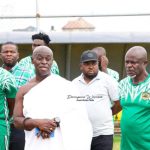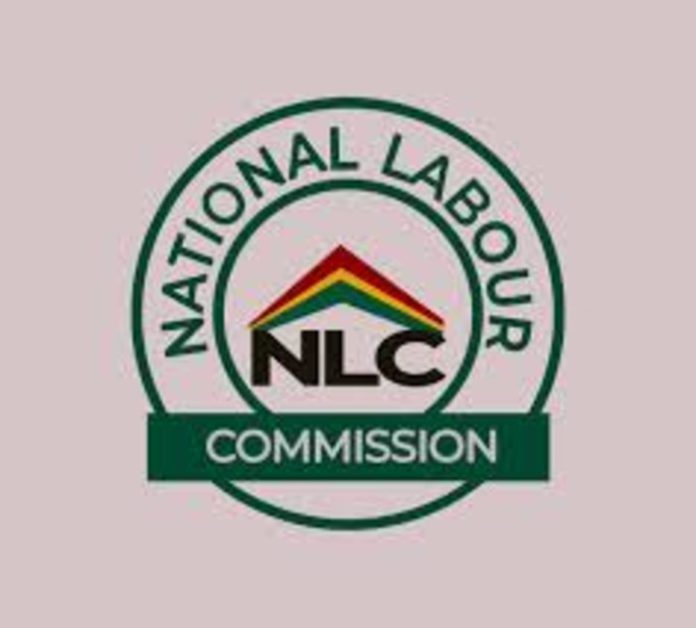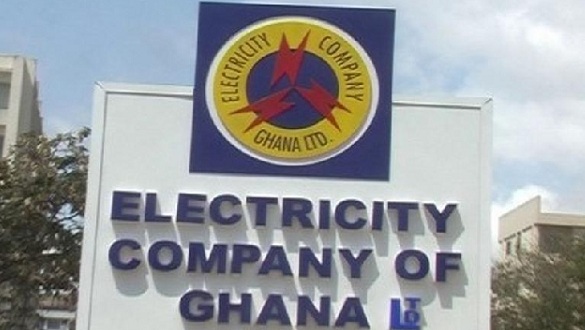The Minority Leader in Parliament has stated that the Legislature’s checks and balances role on the executive arm of government has not been effectively carried out in successive parliaments under both New Patriotic Party (NPP) and the National Democratic Congress (NDC) governments.
Mr. Haruna Iddrisu attributed the failure of Parliament to extreme partisanship and the extensive powers granted the Executive by the 1992 Constitution.
According to Mr Iddrisu, the 1992 Constitution had indirectly made the President a monarch, with sweeping powers to the extent that Members of Parliament (MPs), depending on the government in power, performed their functions to please the President.
Mr Iddrisu said Article 78 of the 1992 Constitution, which enjoined the President to appoint majority of ministers from Parliament, had made the Legislature passive, as MPs would yield to the influence of the Executive in order to get appointments.
“Have you ever seen any Minister of State who is also an MP criticize the government or the President on the floor of Parliament? He wants to please the President in order not to avoid a reshuffle,” he said.
Again, the Minority Leader said, due to excessive partisanship, Parliament had become more or less a rubber stamp for the Executive.
For instance Parliament had, over the years, failed to diligently scrutinize loan agreements brought before it by the Executive.
The minority leader said Parliaments under both New Patriotic Party (NPP) and National Democratic Congress (NDC) governments had been guilty of such failure and mentioned loan agreements such as the STX, CNTI and the recent $750 million.
“Take the agreement on the $750 million loan — it arrives at 5 p.m. and you want it passed in two hours. What due diligence is the Parliament of Ghana going to do to get the public purpose and good served?” he quizzed.
“This is a mark of the failure of our Parliament to undertake scrutiny and due diligence because we want to satisfy the Executive President,” the Minority Leader said.
However, contributing to the discussion, Mr Osei Kyei-Mensah-Bonsu, the majority leader said the hybrid system, whereby a legislator is allowed to also be a minister, should not be a hindrance to the work of Parliament.
Mr Mensah-Bonsu said some of the best parliaments in the world had legislators also acting as ministers.
Mr Iddrisu made these comments in a colloquium to mark the 20th anniversary of the 2002 Class of the Ghana School of Law (GSL) on October 5, which was moderated by the Chairman of the National Media Commission (NMC), Yaw Boadu-Ayeboafoh, himself a member of the 2002 Class of the GSL.
The colloquium was on the theme: “Parliament as a Countervailing Force for Effective Governance in Ghana: Challenges, Prospects and Recommendations”.
















